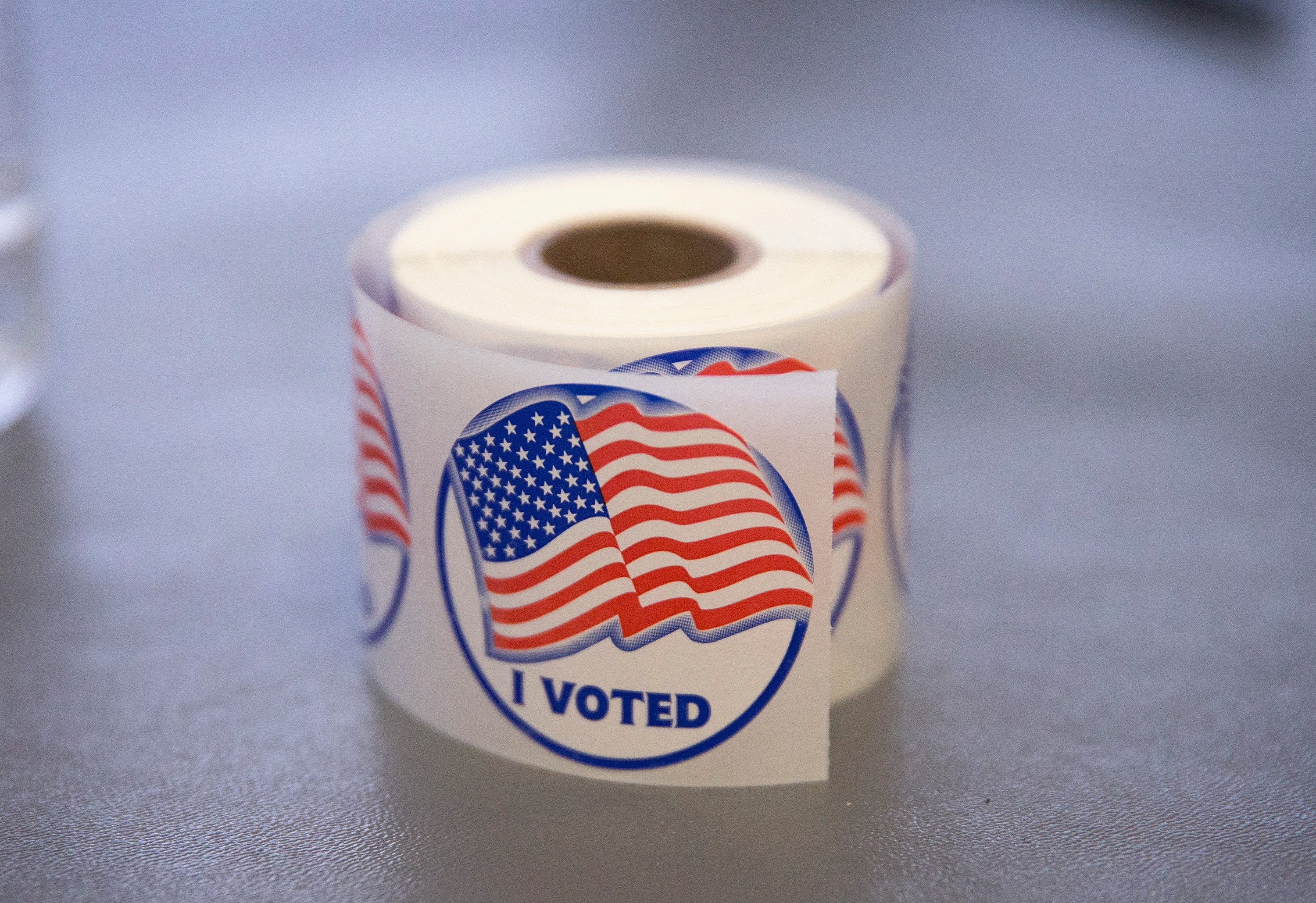The death of the swing voter
In our polarized nation, nearly everyone's mind is already made up


A free daily email with the biggest news stories of the day – and the best features from TheWeek.com
You are now subscribed
Your newsletter sign-up was successful
Here's a strange thought to chew on a year before the presidential election: The votes of 95 percent of Americans likely to cast ballots are already determined. People who lean conservative will vote for any Republican who emerges from the scrum (with the possible exception of the divisive Donald Trump). Ditto for people who lean liberal. New research by Michigan State political scientist Corwin Smidt confirms that the percentage of voters who are truly "independent," swinging from party to party, has plunged from 15 percent in the 1960s to just 5 percent today. Crossing over party lines to vote for the other tribe's presidential candidate has become unimaginable. As Jonathan Chait put it this week at New York: "The dominant fact of American politics is that nobody is changing their mind about anything."
It wasn't always this way. For much of the latter half of the 20th century, there were liberal-leaning Republicans and conservative-leaning Democrats. It was not impossible to find common ground. Ronald Reagan and Bill Clinton both actively sought the votes of people who traditionally vote for the other party, and enjoyed great popularity partly as a result. But since 2004, polarization on immigration, climate change, abortion, religion, and social issues has become so acute that every presidential election seems to represent a major turning point, with the very definition of our nation at stake. Polls suggest that the gulf between the two parties is actually widening. Republicans loathe Hillary Clinton as much as they do Barack Obama; Democrats see Trump and Ben Carson as wackos and frauds, and have only slightly less contempt for the rest of the field. So here's a safe if depressing prediction: The new president John Roberts swears in on Jan. 20, 2017, will be very quickly despised and distrusted by roughly 45 percent of the nation. Is this a democracy, or a dysfunctional family?
A free daily email with the biggest news stories of the day – and the best features from TheWeek.com
The Week
Escape your echo chamber. Get the facts behind the news, plus analysis from multiple perspectives.

Sign up for The Week's Free Newsletters
From our morning news briefing to a weekly Good News Newsletter, get the best of The Week delivered directly to your inbox.
From our morning news briefing to a weekly Good News Newsletter, get the best of The Week delivered directly to your inbox.
William Falk is editor-in-chief of The Week, and has held that role since the magazine's first issue in 2001. He has previously been a reporter, columnist, and editor at the Gannett Westchester Newspapers and at Newsday, where he was part of two reporting teams that won Pulitzer Prizes.
